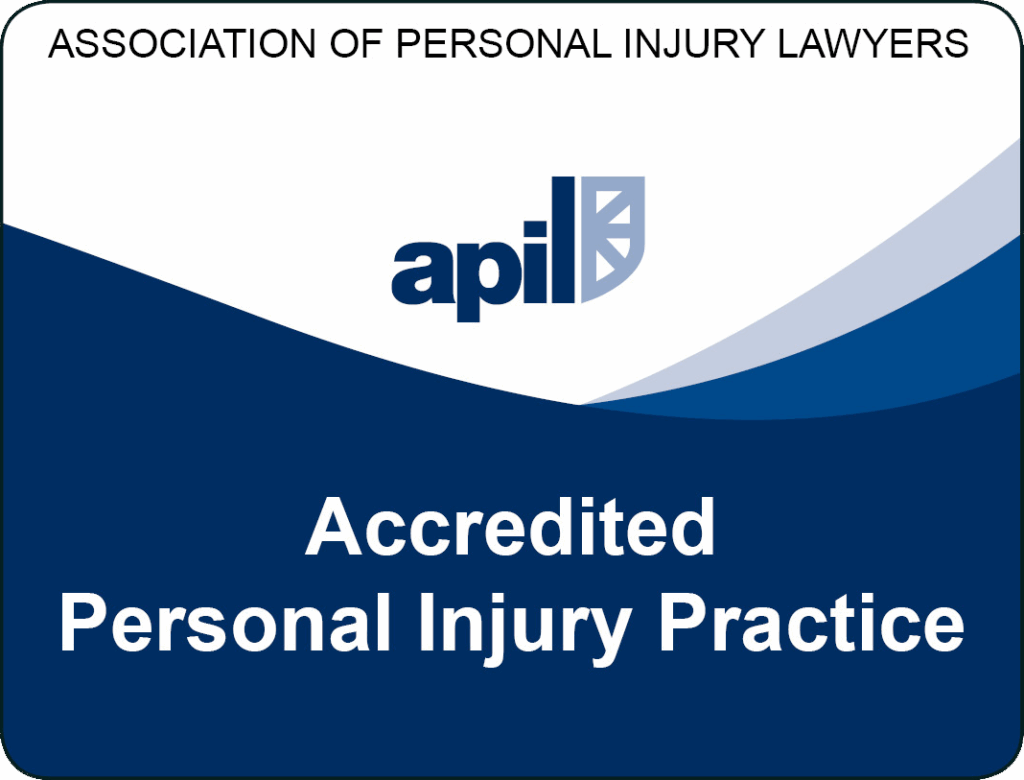Introduction
In any civil claim brought before the courts, it is crucial that all information and evidence presented is truthful and factually accurate. Misleading the court can result in severe penalties, from reduced compensation to criminal charges for contempt. Therefore, full, accurate, and truthful disclosure is essential for clients and their legal representatives.
A recent High Court decision in Williams-Henry v Associated British Ports Holdings Ltd [2024] EWHC 806 (KB) underscores the importance of honesty in personal injury claims, highlighting key lessons for both clients and legal professionals.
Williams-Henry v ABPH Ltd: Case Overview
In this case, the claimant and her family visited a pier near Port Talbot, where she suffered injuries after tripping and falling over the edge. While liability was established with a two-thirds ruling in the claimant’s favour, a trial was held to determine compensation (quantum). However, allegations of fundamental dishonesty arose, challenging the truthfulness of the claimant’s statements regarding her injuries.
A Finding of Fundamental Dishonesty
The court found the claimant had been fundamentally dishonest, despite suffering a physical injury. Surveillance evidence revealed contradictions in her testimony, including exaggerated medical conditions and false statements made to medical experts and insurers. As a result, the court rescinded her claim for damages, which would have totalled £895,000 under full liability.
The consequences of dishonesty were significant: the claimant forfeited substantial compensation, although an interim payment of £75,000 was not required to be repaid due to concerns over potential financial ruin and the risk of suicide.
Key Lessons from Williams-Henry
This case provides valuable insights for personal injury claimants and their legal advisers:
1. Provide Authentic Witness Statements
Clients must ensure their witness statements are genuine and reflect their personal experience. In Williams-Henry, the claimant’s statement, prepared by her solicitor, lacked authenticity and read more like a business document than a personal account.
2. Be Cautious with Social Media
Social media posts can have a detrimental impact on personal injury claims. In Williams-Henry, social media activity was part of the evidence undermining the claimant’s case. Claimants should be mindful of what they post, as defence teams often conduct detailed investigations into online behaviour.
3. Avoid Unnecessary Changes to Medical Treatment
In Williams-Henry, the claimant was advised to switch from NHS treatment to private healthcare, which worsened her condition and increased costs. Solicitors should consider the long-term welfare of their clients and whether such changes are in their best interests, ensuring any private treatment complements, rather than replaces, NHS care.
4. Ensure Witness Statements Avoid Absolutes
Solicitors should avoid including absolute statements in witness statements without supporting evidence. Exaggerations, like the claimant’s claims about her memory and sleep patterns in Williams-Henry, can lead to significant credibility issues.
5. Be Aware of Surveillance
Claimants should be aware that defendants may conduct surveillance to investigate fundamental dishonesty. In Williams-Henry, the claimant’s surveillance footage directly contradicted her claims about her mobility, undermining her case.
6. Always Tell the Truth
Misleading the court or attempting to hide the truth can have severe consequences. In Williams-Henry, a witness for the claimant was found to have tried to explain false statements made on a benefits form. Such actions can lead to reduced compensation, fines, or even imprisonment. Honesty is paramount in all proceedings.
Conclusion
Although the claimant was unsuccessful in Williams-Henry, the decision serves as a reminder of the importance of honesty and integrity in a personal injury claim. Legal representatives and clients alike must ensure full and truthful disclosure at every stage to avoid the damaging consequences of fundamental dishonesty. Proper preparation and transparency can save significant time, money, and reputational damage, ensuring that clients receive the compensation they are rightfully entitled to.




